From Corporate Leader to Trailblazer: Mike Starr On Start Up Life
Mike Starr, founder of trackd, a cybersecurity firm focused on vulnerability remediation, was at a BBQ when he had a chance conversation that lead him to the start up life. Starr will appear in Beyond Identity's Luminary series on March 12th in a session on the world of entrepreneurship. He offers a preview now of some of what he will discuss.
Question: Can you share a bit about your journey from being a team leader at established companies like Fortinet and NSA to becoming the Founder and CEO of trackd? What inspired you to transition into the startup world?
Mike Starr: It’s a pretty lame story, but ultimately, I met a guy at a BBQ in northern Virginia who was on the forefront of software-defined networking, around the same time that I was closing out three major projects that revolutionized cyber operations networks. But when I tried to push the envelope further, I ultimately got a pat on the head and was told, “You’ve done enough, we need you to lay low for a bit.” So I asked this guy, “How do you sell SDN to companies?” His response was, “Just come work for me and I'll double your salary.” So I did.
As someone with experience in both established corporations and startups, what key differences do you see in terms of challenges and opportunities between these two environments?
The pace, in both cases - I’ll delve deeper in my session on the 12th.
Building and launching products in new and disruptive markets can be quite challenging. What are some of the biggest hurdles you've faced during your time at trackd, and how did you overcome them?
The biggest hurdle I’ve faced, hands down, are the low points when I get in my head and start doubting if trackd has the potential to actually be something. Thankfully, I have an amazing group of people who are unwaveringly supportive. From my investors, to my Board, friends and family, and our user base; they’re all rooting for us. It’s easy to get pulled into the minutiae of what’s messed up rather than zooming out and realizing how much has been accomplished in nearly no time with barely any capital.
Given your background in cybersecurity, how do you navigate the unique challenges that startups in this industry face, especially in terms of staying ahead of evolving threats and regulations?
Staying ahead of “evolving” threats is pretty easy. We patch our systems and have multi-factor authentication on all of it. Bad actors do the same things on repeat because they work, so if you focus on “basic hygiene,” you’re eliminating 99.99% threats. For regulations, we pay folks way smarter than us to tell us what to care about.
Many aspiring entrepreneurs are curious about the "rush" and "rewards" of the startup world. Can you share a particularly memorable success story or moment of triumph from your journey with trackd?
One of the coolest things for me was being named a co-inventor on and subsequently the issue of my first patent. I don’t have the traditional computer science/software development background or engineering background so it never dawned on me that a simple network engineer could be an “inventor” of anything. So when I was named a co-inventor of the core patent of the previous startup I was at, which was one of the original 10 or so SASE companies in Gartner’s 2019 paper it was just a surreal feeling.
On the flip side, what are some of the harsh realities or unexpected pitfalls that you've encountered in the startup world, and how have these experiences shaped your approach to leadership and decision-making?
I think the “harsh realities” can largely be distilled into three buckets. I won’t reveal them here though, as it takes away from my session. But, this is my third startup, albeit the first I’ve founded, so nothing that new. In fact, it’s liberating being at the helm. The shift in Venture Capital’s expectations for fundraising in 2023, though, was unexpected and was a forcing function to hone in on truly the absolute barest of minimums to prove to the market our approach to vulnerability and patch management is the only way to succeed.
As someone who has been deeply involved in product development, what advice would you offer to aspiring founders who are looking to build and launch innovative products in today's competitive market landscape?
Commit to understanding what you’re really bad at and determine that either it’s important enough to you and the company (and achievable given your timeframe) to become an expert in that thing or find someone who can complement you. Otherwise, you will fail.
Mike Starr, founder of trackd, a cybersecurity firm focused on vulnerability remediation, was at a BBQ when he had a chance conversation that lead him to the start up life. Starr will appear in Beyond Identity's Luminary series on March 12th in a session on the world of entrepreneurship. He offers a preview now of some of what he will discuss.
Question: Can you share a bit about your journey from being a team leader at established companies like Fortinet and NSA to becoming the Founder and CEO of trackd? What inspired you to transition into the startup world?
Mike Starr: It’s a pretty lame story, but ultimately, I met a guy at a BBQ in northern Virginia who was on the forefront of software-defined networking, around the same time that I was closing out three major projects that revolutionized cyber operations networks. But when I tried to push the envelope further, I ultimately got a pat on the head and was told, “You’ve done enough, we need you to lay low for a bit.” So I asked this guy, “How do you sell SDN to companies?” His response was, “Just come work for me and I'll double your salary.” So I did.
As someone with experience in both established corporations and startups, what key differences do you see in terms of challenges and opportunities between these two environments?
The pace, in both cases - I’ll delve deeper in my session on the 12th.
Building and launching products in new and disruptive markets can be quite challenging. What are some of the biggest hurdles you've faced during your time at trackd, and how did you overcome them?
The biggest hurdle I’ve faced, hands down, are the low points when I get in my head and start doubting if trackd has the potential to actually be something. Thankfully, I have an amazing group of people who are unwaveringly supportive. From my investors, to my Board, friends and family, and our user base; they’re all rooting for us. It’s easy to get pulled into the minutiae of what’s messed up rather than zooming out and realizing how much has been accomplished in nearly no time with barely any capital.
Given your background in cybersecurity, how do you navigate the unique challenges that startups in this industry face, especially in terms of staying ahead of evolving threats and regulations?
Staying ahead of “evolving” threats is pretty easy. We patch our systems and have multi-factor authentication on all of it. Bad actors do the same things on repeat because they work, so if you focus on “basic hygiene,” you’re eliminating 99.99% threats. For regulations, we pay folks way smarter than us to tell us what to care about.
Many aspiring entrepreneurs are curious about the "rush" and "rewards" of the startup world. Can you share a particularly memorable success story or moment of triumph from your journey with trackd?
One of the coolest things for me was being named a co-inventor on and subsequently the issue of my first patent. I don’t have the traditional computer science/software development background or engineering background so it never dawned on me that a simple network engineer could be an “inventor” of anything. So when I was named a co-inventor of the core patent of the previous startup I was at, which was one of the original 10 or so SASE companies in Gartner’s 2019 paper it was just a surreal feeling.
On the flip side, what are some of the harsh realities or unexpected pitfalls that you've encountered in the startup world, and how have these experiences shaped your approach to leadership and decision-making?
I think the “harsh realities” can largely be distilled into three buckets. I won’t reveal them here though, as it takes away from my session. But, this is my third startup, albeit the first I’ve founded, so nothing that new. In fact, it’s liberating being at the helm. The shift in Venture Capital’s expectations for fundraising in 2023, though, was unexpected and was a forcing function to hone in on truly the absolute barest of minimums to prove to the market our approach to vulnerability and patch management is the only way to succeed.
As someone who has been deeply involved in product development, what advice would you offer to aspiring founders who are looking to build and launch innovative products in today's competitive market landscape?
Commit to understanding what you’re really bad at and determine that either it’s important enough to you and the company (and achievable given your timeframe) to become an expert in that thing or find someone who can complement you. Otherwise, you will fail.
Mike Starr, founder of trackd, a cybersecurity firm focused on vulnerability remediation, was at a BBQ when he had a chance conversation that lead him to the start up life. Starr will appear in Beyond Identity's Luminary series on March 12th in a session on the world of entrepreneurship. He offers a preview now of some of what he will discuss.
Question: Can you share a bit about your journey from being a team leader at established companies like Fortinet and NSA to becoming the Founder and CEO of trackd? What inspired you to transition into the startup world?
Mike Starr: It’s a pretty lame story, but ultimately, I met a guy at a BBQ in northern Virginia who was on the forefront of software-defined networking, around the same time that I was closing out three major projects that revolutionized cyber operations networks. But when I tried to push the envelope further, I ultimately got a pat on the head and was told, “You’ve done enough, we need you to lay low for a bit.” So I asked this guy, “How do you sell SDN to companies?” His response was, “Just come work for me and I'll double your salary.” So I did.
As someone with experience in both established corporations and startups, what key differences do you see in terms of challenges and opportunities between these two environments?
The pace, in both cases - I’ll delve deeper in my session on the 12th.
Building and launching products in new and disruptive markets can be quite challenging. What are some of the biggest hurdles you've faced during your time at trackd, and how did you overcome them?
The biggest hurdle I’ve faced, hands down, are the low points when I get in my head and start doubting if trackd has the potential to actually be something. Thankfully, I have an amazing group of people who are unwaveringly supportive. From my investors, to my Board, friends and family, and our user base; they’re all rooting for us. It’s easy to get pulled into the minutiae of what’s messed up rather than zooming out and realizing how much has been accomplished in nearly no time with barely any capital.
Given your background in cybersecurity, how do you navigate the unique challenges that startups in this industry face, especially in terms of staying ahead of evolving threats and regulations?
Staying ahead of “evolving” threats is pretty easy. We patch our systems and have multi-factor authentication on all of it. Bad actors do the same things on repeat because they work, so if you focus on “basic hygiene,” you’re eliminating 99.99% threats. For regulations, we pay folks way smarter than us to tell us what to care about.
Many aspiring entrepreneurs are curious about the "rush" and "rewards" of the startup world. Can you share a particularly memorable success story or moment of triumph from your journey with trackd?
One of the coolest things for me was being named a co-inventor on and subsequently the issue of my first patent. I don’t have the traditional computer science/software development background or engineering background so it never dawned on me that a simple network engineer could be an “inventor” of anything. So when I was named a co-inventor of the core patent of the previous startup I was at, which was one of the original 10 or so SASE companies in Gartner’s 2019 paper it was just a surreal feeling.
On the flip side, what are some of the harsh realities or unexpected pitfalls that you've encountered in the startup world, and how have these experiences shaped your approach to leadership and decision-making?
I think the “harsh realities” can largely be distilled into three buckets. I won’t reveal them here though, as it takes away from my session. But, this is my third startup, albeit the first I’ve founded, so nothing that new. In fact, it’s liberating being at the helm. The shift in Venture Capital’s expectations for fundraising in 2023, though, was unexpected and was a forcing function to hone in on truly the absolute barest of minimums to prove to the market our approach to vulnerability and patch management is the only way to succeed.
As someone who has been deeply involved in product development, what advice would you offer to aspiring founders who are looking to build and launch innovative products in today's competitive market landscape?
Commit to understanding what you’re really bad at and determine that either it’s important enough to you and the company (and achievable given your timeframe) to become an expert in that thing or find someone who can complement you. Otherwise, you will fail.

.jpeg)





.jpg)
.jpg)
.jpg)
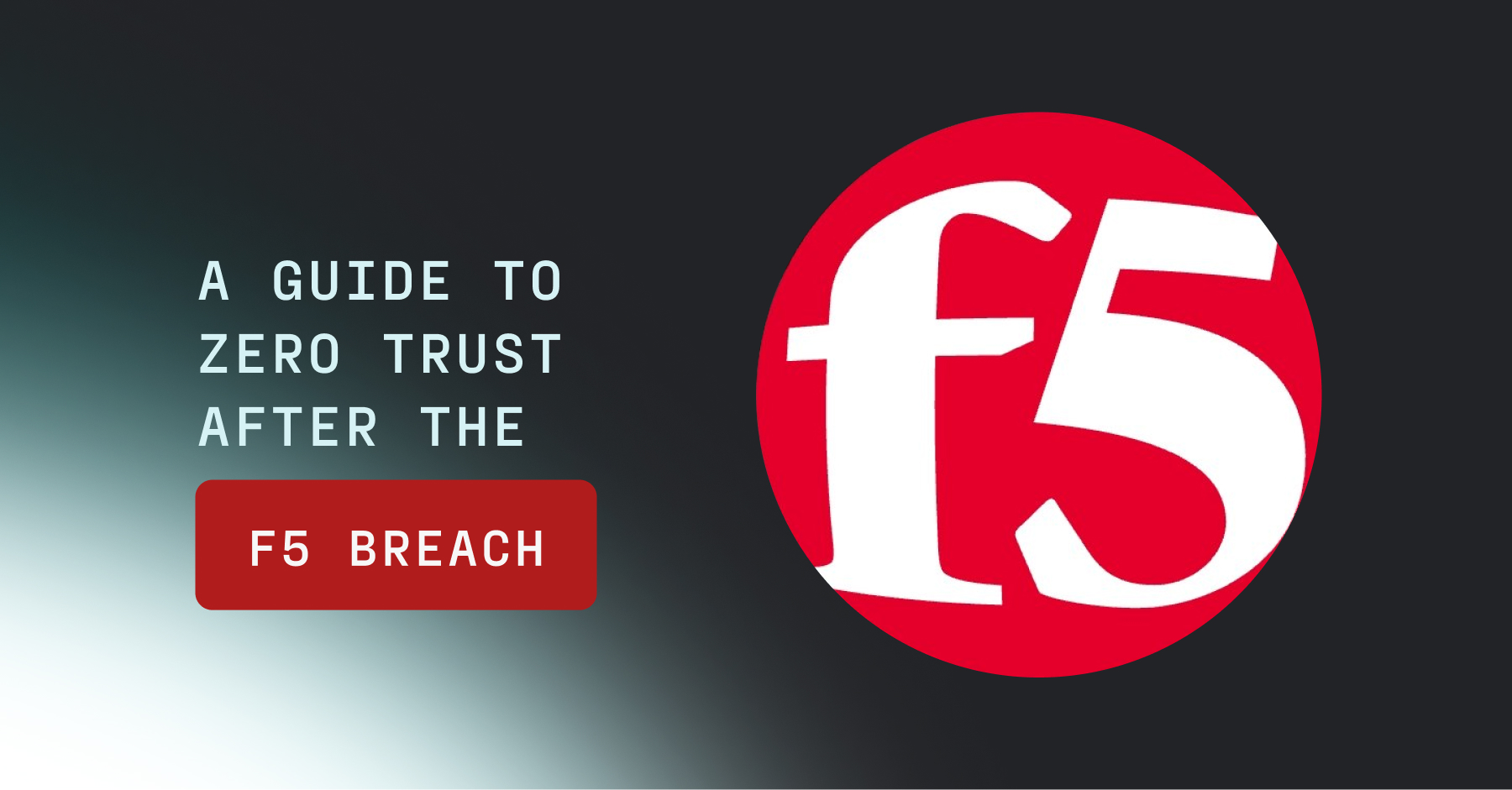
.jpg)
.jpg)
.jpg)
.jpg)

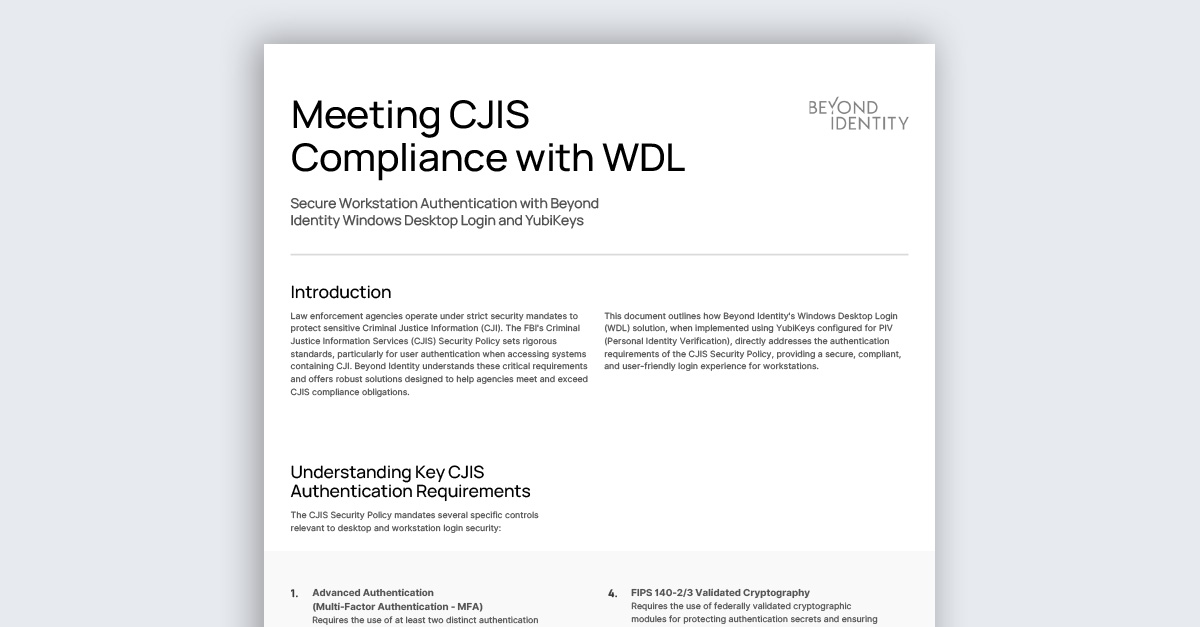
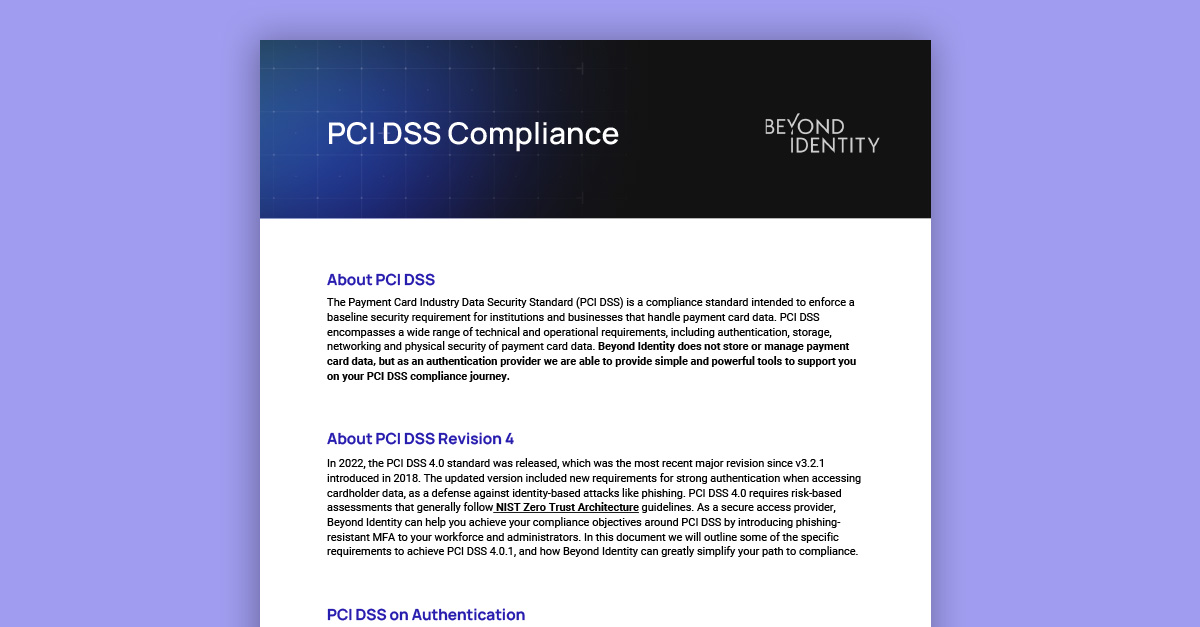
.jpeg)

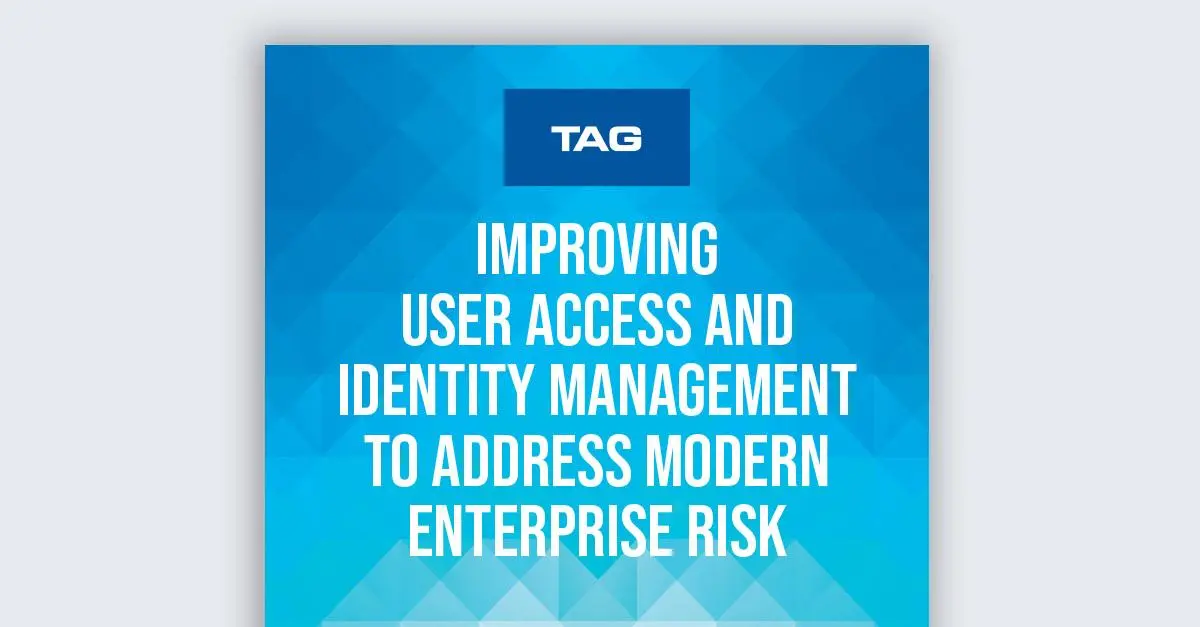
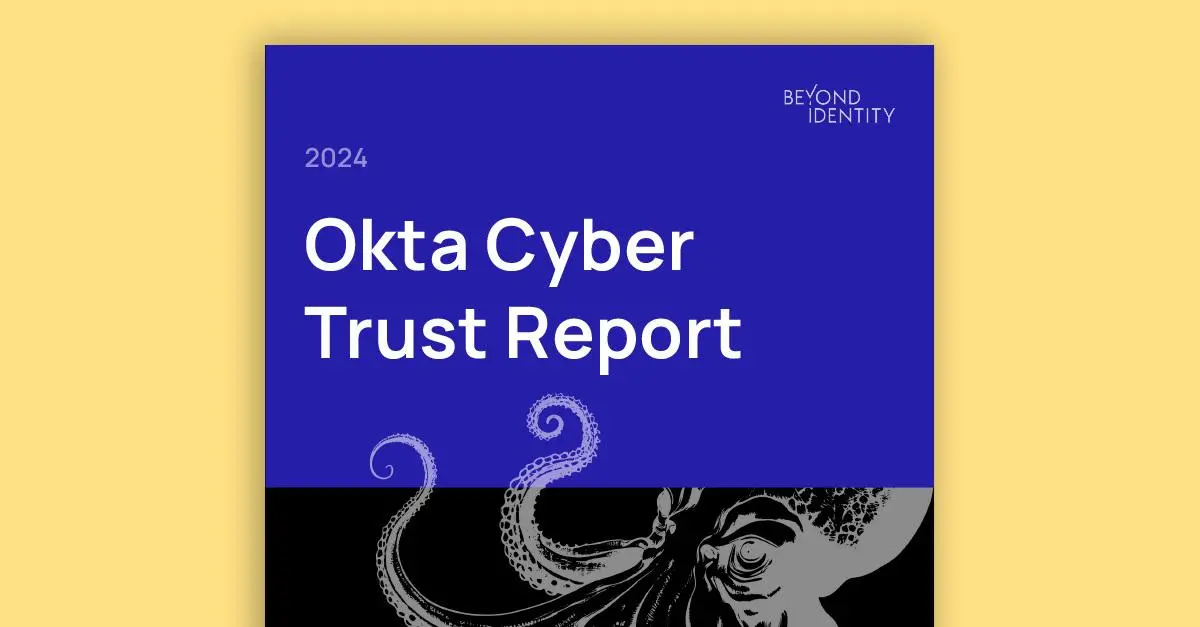

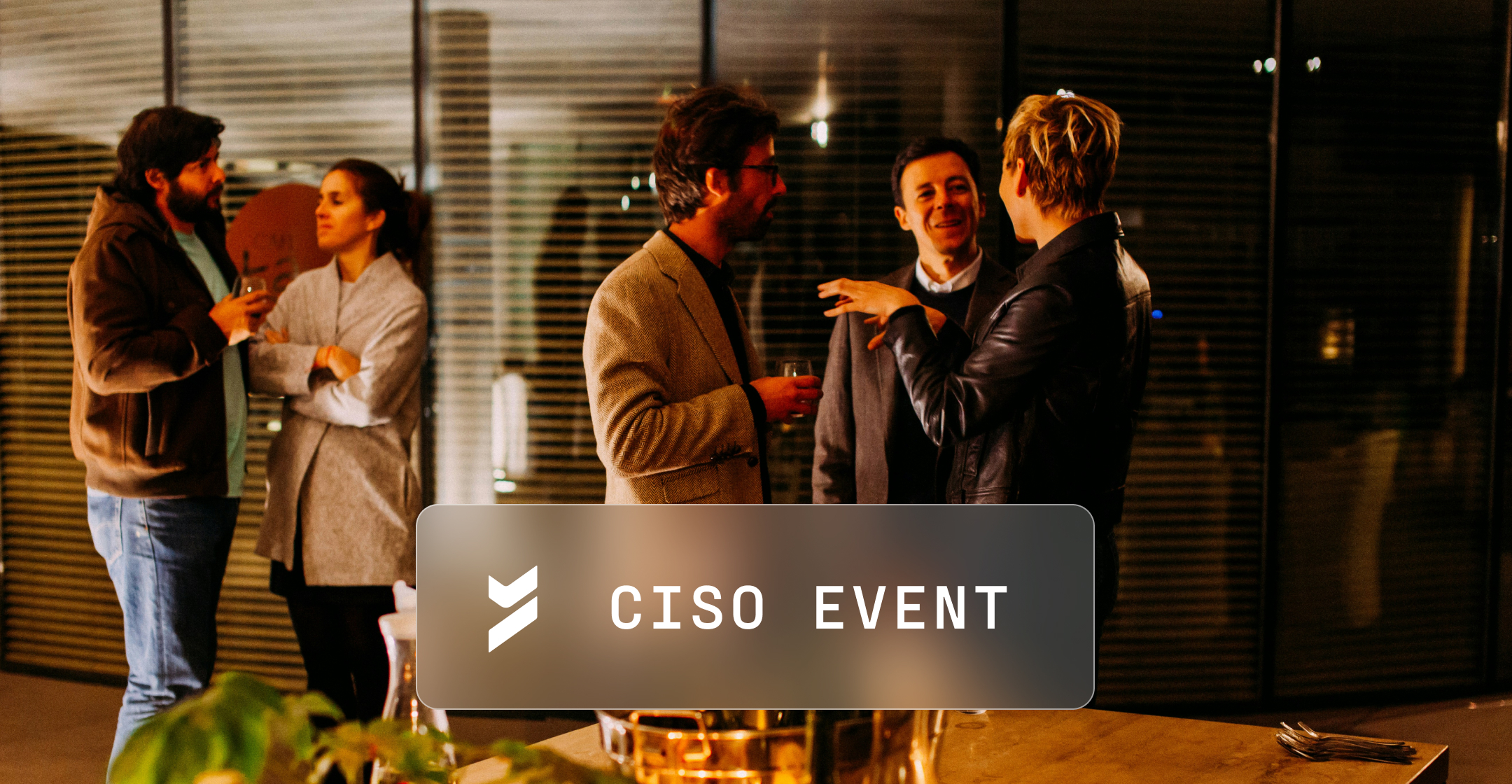

.png)

